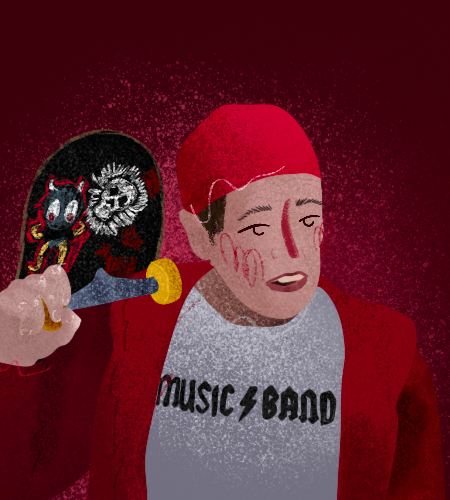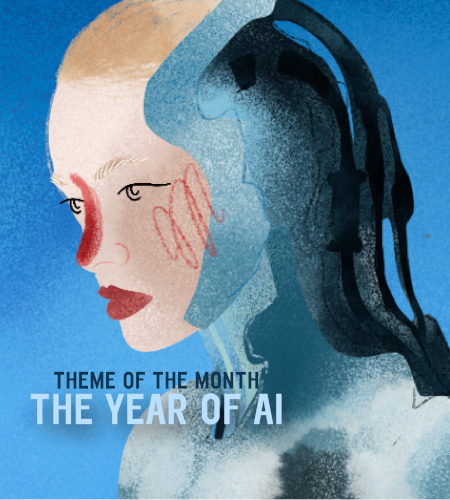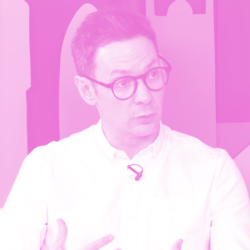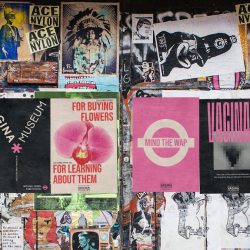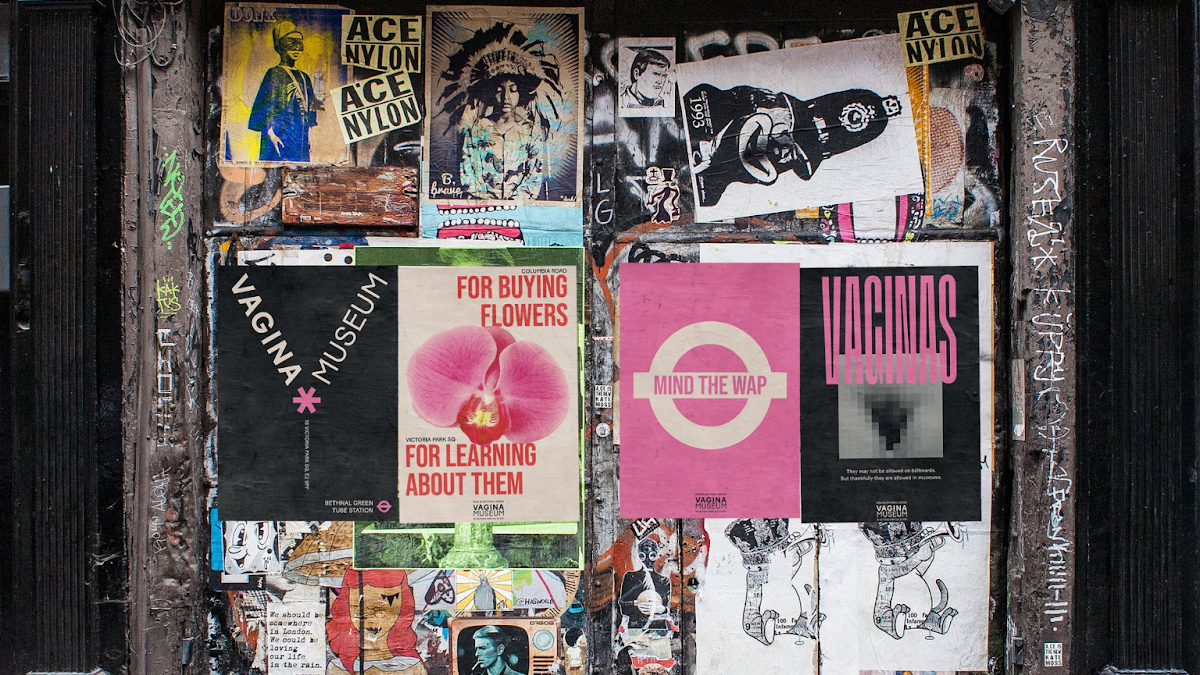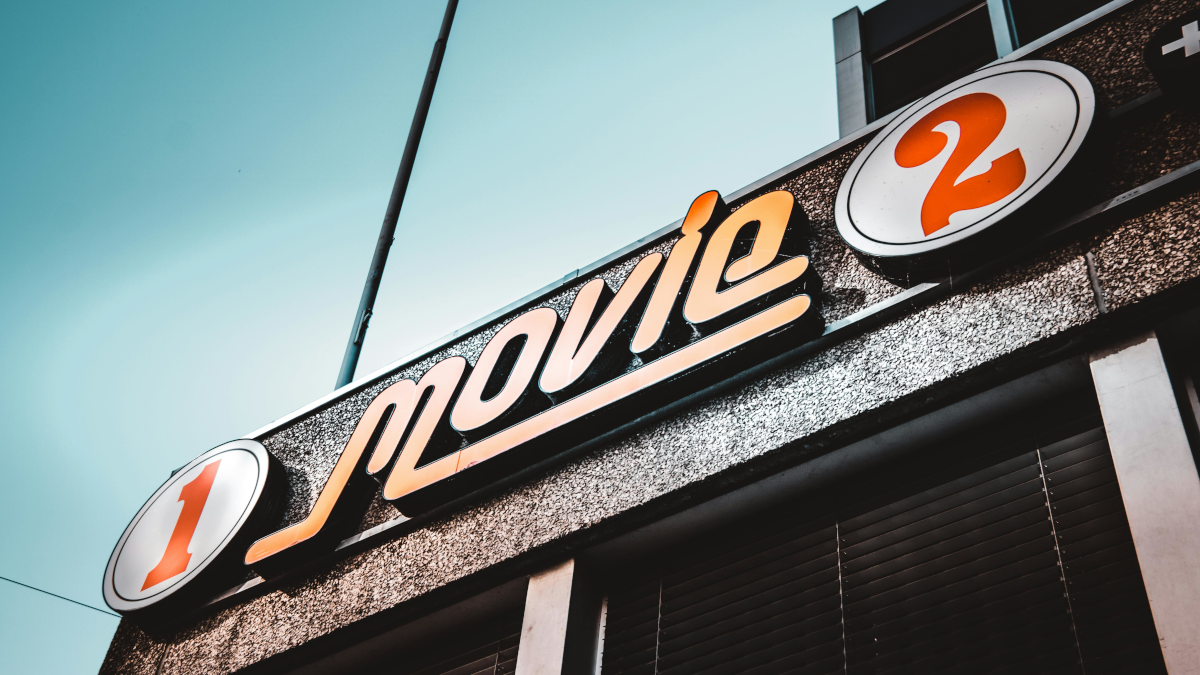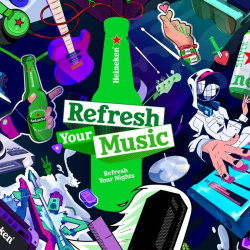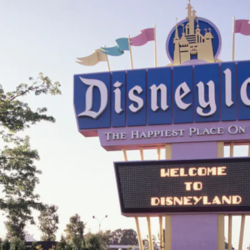In a moment of crisis, be it climate change, the pandemic or the war in Ukraine, it is natural to wonder if we’re living in a dystopia. And to also wonder if we’ll ever head towards the light again: towards utopia.
Conversely, we’re sometimes told that compared with previous eras of Big History, we’ve never had it so good. In whatever situation we find ourselves, there will always be those who see the world through rose-tinted or blood-red glasses. Yet much more useful than attempting to define the world as utopian or dystopian is to understand the environment we’re in — and what role we can play to drive a better result.
Balancing optimism and pessimism
If you’re in a position of leadership, a goodly measure of optimism is certainly desired. Yet at the same time, no one trusts an optimistic accountant or financial advisor: a degree of pessimism is more or less expected from these professions.
So in organisations as well as in society, it’s a balance of both — optimism and pessimism — that generally leads to better results. Each side gives you an overtilted view of the world, which in isolation can tint perception of reality. We reward overconfidence in business and leadership, but without checks and balances this can lead to catastrophic consequences (as Vladimir Putin discovered after assuming Ukraine was going to be a pushover). It’s what Rudyard Kipling is referring to in his classic poem, If, when he dubs both ‘Triumph’ and ‘Disaster’ impostors.
Ideally, great leaders need to create an environment where they can rely on brave souls to bring in divergent opinions and temper their optimism — or pessimism — with alternative viewpoints. Since the start of 2022, whether skimming through LinkedIn, job ads or thought-leadership pieces, it’s been nigh on impossible to avoid this concept of ‘seeing the other’s point of view’. It’s the business buzzword du jour: Empathy.
A must-have business strategy
The London Business School recently identified ‘Empathy’ as one of the top qualities needed by leaders today, following on the World Economic Forum’s belief that empathy is a “must-have business strategy” that “helps create a sense of belonging, reinforcing the belief that employees’ perspectives matter”.
And given the few years we’ve just been through, is it any surprise businesses are finally valuing it? With so many workers undergoing mental stress, burnout, financial pressures, fears about job security and the re-evaluating of their jobs, leading to the Great Resignation, the need for humane bosses who can listen to these concerns is needed now more than ever.
However, where the business world tends to use the word as a synonym for compassion or kindness, I prefer Microsoft CEO Satya Nadella’s definition: “The ability to be able to put ourselves in other people’s shoes and see the world the way they see it.”
Nadella is right: empathy shouldn’t be perceived as a fluffy add-on, but as a commercial imperative. As Nadella says, “Our core business is connected with the customers’ needs and we will not be able to satisfy them if we don’t have a deep sense of empathy.” And at True & North we’ve trained countless businesses to develop their empathy skills, which has catalysed into greater creativity and stronger business results.
The old proverb about walking a mile in someone else’s shoes applies here
You need to put the legwork in to truly understand someone, and this work needs to be effortful and intentional. It’s about putting in deep, pre-emptive effort — and leaving bias, pre-judgement and preconceived notions behind. It’s about always striving to find common ground, which might involve sharing your own experiences of an unpleasant experience; stories that will resonate with the experiences of employees and consumers, who, in turn, will be much more willing to open up to you.
Those leaders who showed empathy during the early days of the pandemic — Jacinda Ardern in New Zealand, Denmark’s Mette Frederiksen and Taiwan’s Tsai Ing-wen — had lower death rates and better compliance. Why? Because people trusted them. Show empathy and people will trust you much more as a leader, even if you don’t have a solution. As Ardern told the BBC in 2018, “It takes courage and strength to be empathetic… I am trying to chart a different path, and that will attract criticism but I can only be true to myself and the form of leadership I believe in.”
If this is a dystopia it has rarely been a more benevolent or selfless one. During the global pandemic, millions of frontline workers and volunteers risked their lives to save others. Recent history records countless examples of altruism and duty, including the fact that during a 2021 Super Bowl game a team’s defence line was weakened when a key player returned to medicine to combat the virus.
Empathy, then, is a noble goal, in leadership as in life. But arguably, also ineffectual, unless followed up with compassion. Empathy, rather, might be considered a useful stepping stone to kindness and compassion. So, a world in which those qualities are treasured and practiced instinctively? I’d certainly call that a utopia. It can’t come quickly enough.
Featured image: Guy Barzilay / Shutterstock










